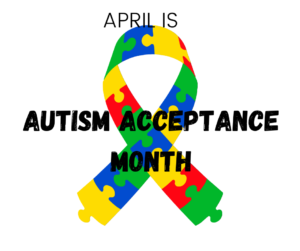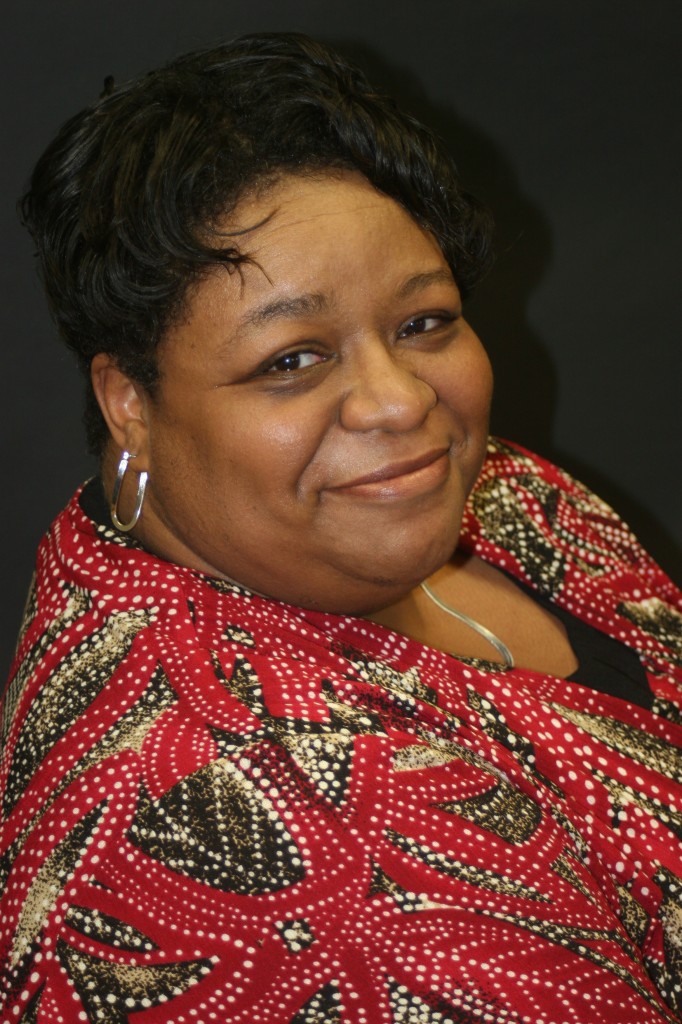Hope: to desire with expectation of attainment” Merriam-Webster
I imagine what I must have looked like to the psychologist as he delivered news none of my research prepared me to hear. “Your son has autism,” he said, with a touch of compassion.
My precious little boy. The son I never thought I’d have. All the hopes and dreams I had for him died with the utterance of those four words.
“Your son has autism.”
I remember feeling numb at that moment. The psychologist handed me a piece of paper with a referral to a prominent developmental pediatrician who specialized in children with autism at a hospital near my home.
Armed with every bit of information on the disorder the agency had, I left feeling lost but determined. The psychologist talked a lot about early intervention and what not. All I knew was I had to do everything in my power to get my son whatever he needed to help him live in this world.

Autism (Autism Spectrum Disorder) typically appears during early childhood and impacts a person’s communication, relationships, social skills and their ability to self-regulate. There is no known cause of autism, and every child experiences the disorder in varying degrees. For this reason, you will often hear autism referred to as a spectrum disorder.
As the psychologist told me, early intervention goes a long way toward ensuring a child who receives this diagnosis receives the supports she or he needs to live to their full capabilities.
A gentleman walked up to my son one day while we were out shopping. “Hey man, do you have the time?” he asked.
“No,” my son replied as he looked at the floor. He didn’t make eye contact with this man, and it never occurred to him to look at his watch or cell phone to answer the man.
“It’s 3:15.” I said as I walked up and touched my son on his shoulder. The man thanked me, but he still looked askance at my son.
You won’t know my son has a condition that severely affects how he interacts with the world until you talk with him. People often react to him the way this gentleman did.
If you have or know someone who has a child “blessed” with autism (it is a blessing), or a child with any type of disability, here’s how you can help them:
- Offer to watch the child so they can take a bath. When my son was little, there were days where I didn’t comb my hair or brush my teeth (don’t judge me).
- Talk about something other than the latest research you’ve read about the child’s condition. People still give me autism-related gifts and information. I can converse about topics other than autism. It’s okay to ask questions, but realize we live in that world. We need a break from it sometimes.
- If your child is in the classroom with a child with a disability, especially autism, invite them to the birthday parties. My son wouldn’t have attended, but it would have been nice for him to be included.
If you have a child with autism or any other disability, here’s what you can do to feel more included:
- Speak up for what you need. If I had been brave enough to tell people I needed conversation not related to autism, then I might not have storage bins full of gifts centered on autism and the latest information on the condition.
- Do something for yourself. As I mentioned, there were days I couldn’t take a bath without having my son in the bathroom with me or having somebody watch him. I would talk to my sister about how long she could keep him on a Saturday afternoon. I would divide my time between studying and either taking that bath or grabbing a nap. (After I took the bath, of course. 😉
- As we move into Autism Acceptance Month, find some little thing you can do to lighten the load for a parent or family dealing with trial and turmoil associated with caring for a child with a disability.
Know someone who would benefit from my newsletters? Send them here to sign up below.
They’ll receive a copy of my free Positivity Journal.

Want more? Subscribe below!
We’ll send you our newsletter weekly, and also my Jump into Positivity Journal.
Top Posts
For inspiration to get you through your day, check out my book
Jump Into Positivity below!
You will receive awesome content in your inbox and also my Jump into Positivity Journal.
More Articles

4 Ways to Increase Mindfulness
Mindfulness is the state of being more present, which can be done through a meditation session or making a conscious decision to focus on the present. It can become a

Focus and Thrive
Allow yourself to focus and thrive. When you become more productive you also become a healthier more self-aware version of you.

6 Tips for Finding Optimism
During tough times it’s difficult to find optimism or to stay optimistic. Optimism is a way of viewing our surroundings in a positive light. Winston Churchill once said, “A pessimist

Six Myths About Self-Care
“Self-care is never a selfish act—it is simply good stewardship of the only gift I have, the gift I was put on earth to offer to others.”~Parker Palmer Many people believe

5 Steps for Decluttering Your Home
The only person standing in your way is you. You have the power to overcome any obstacle or challenge that comes your way.So, who’s stopping you?

In Case of Emergency
Allow yourself to focus and thrive. When you become more productive you also become a healthier more self-aware version of you.




